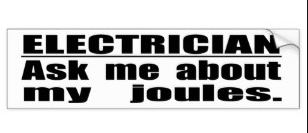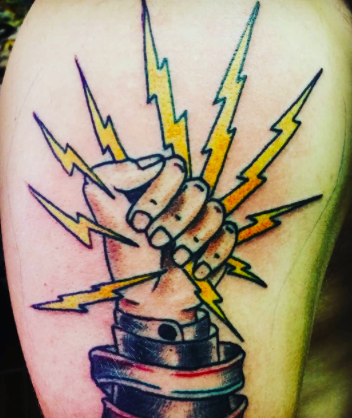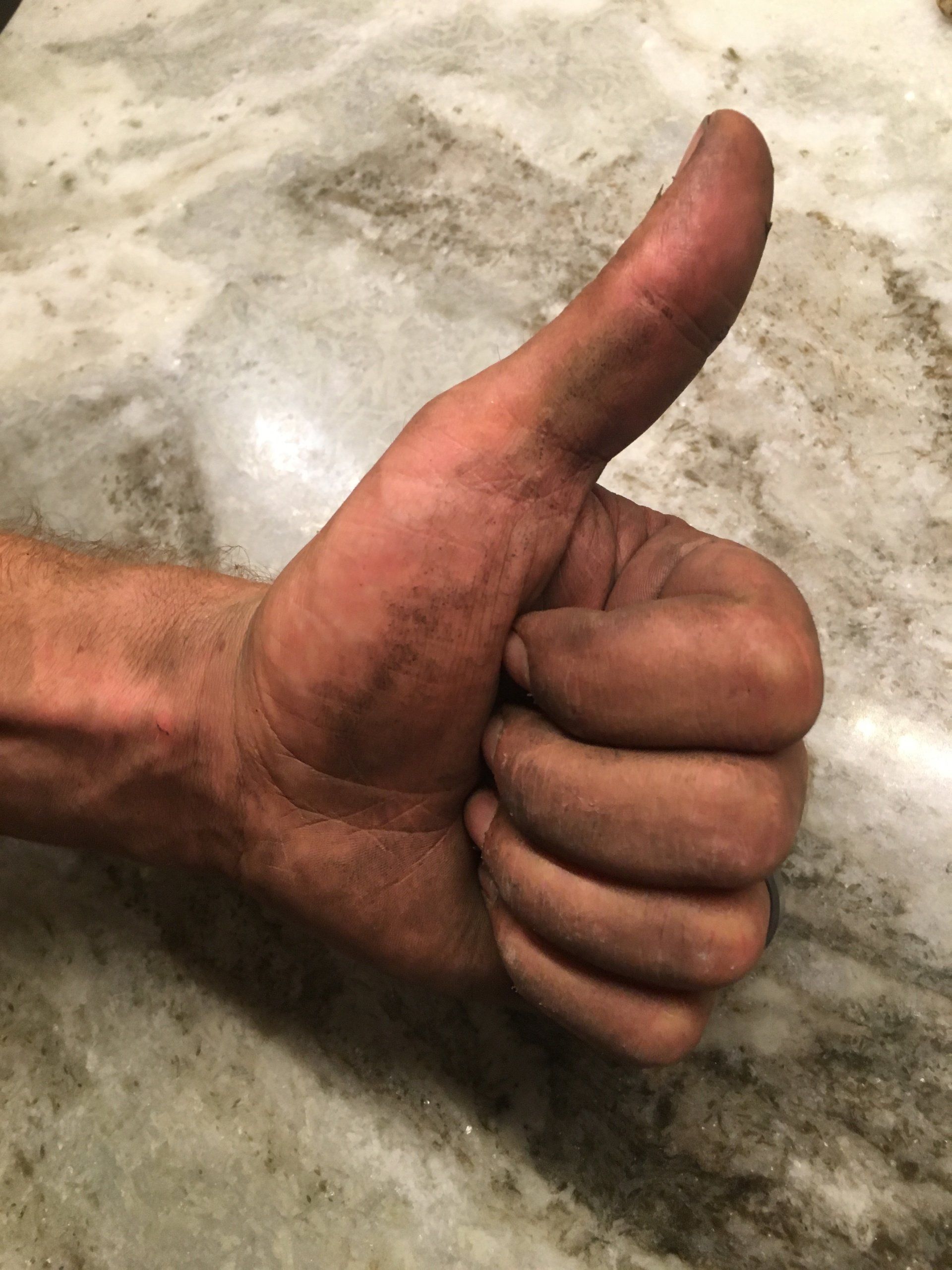Is What You Do Who You Are?
- By Captain DIY
- •
- 24 Jan, 2019
- •
Career Identity Versus Personal Identity

That’s a bit of a confusing title, at least for me, so let me start you off with an example: when you meet someone new at a party, a common phrase used to kick off the dreaded small talk
is, “What do you do?” It’s an innocuous question, designed to open up a dialogue about vocations and careers, and usually presented with the best of intentions.
I have a bit of a problem with that phrase, and I’m guessing many folks in the Financial Independence community are with me. Allow me to explain.
I have a bit of a problem with that phrase, and I’m guessing many folks in the Financial Independence community are with me. Allow me to explain.
Career Identity vs Personal Identity (yes, I know I already used that phrase)
In the trades, i.e. plumbing, electrical, etc., there is a strong sense of identity within the working community. I often see trucks with bumper stickers proclaiming things like, “Wiring is not a hobby; hire a licensed electrician”. These stickers are usually accompanied by another sticker denoting the vehicle’s owner to be a practitioner of the electrical trade.

If you were to ask most electricians (I’m using them due to my intimate association with the trade), they would readily identify themselves as Electricians. They probably have a lot of pride in what they do for work, and there may even be a lightning bolt tattoo hidden away on their body somewhere. You probably don’t want to see it.

While I find absolutely nothing inherently wrong with strongly tying one’s identity to one’s profession of choice, I personally have a hard time doing so. Maybe that has something to do with my circuitous path to the trade, or maybe it has to do with the many varied interests I hold outside of work. Regardless of the reason, I don’t identify as an electrician. I simply happen to do electrical work to make money.
Where's the Beef?
So why, you might be asking, do I have an issue with identifying myself based on my vocation? I think the answer to that is multi-faceted, but the most prominent answer would be risk.
Let’s say I am an electrician who is really, really into the idea of being an electrician. I wear clothes made for the working electrician at all times (there has to be something like that on the market); I have lighting bolt and linesman’s pliers tattoos; my vehicle is covered with bumper stickers proclaiming the validity and importance of electricians. In short, I want the world to see me as an electrician first and foremost.
Now, what happens when I’m ready to retire? As is often the case with physically demanding jobs, my body simply won’t let me work at full capacity anymore, but fortunately I have been reading excellent blogs like Fly To FI, Burrito Bowl Diaries, and The Reluctant Frugalist, so I have enough of a nest egg saved up to carry me through retirement.
So I get the gold (plated) watch and the sheet cake, and off I go into the sunset.
Now what?
Let’s say I am an electrician who is really, really into the idea of being an electrician. I wear clothes made for the working electrician at all times (there has to be something like that on the market); I have lighting bolt and linesman’s pliers tattoos; my vehicle is covered with bumper stickers proclaiming the validity and importance of electricians. In short, I want the world to see me as an electrician first and foremost.
Now, what happens when I’m ready to retire? As is often the case with physically demanding jobs, my body simply won’t let me work at full capacity anymore, but fortunately I have been reading excellent blogs like Fly To FI, Burrito Bowl Diaries, and The Reluctant Frugalist, so I have enough of a nest egg saved up to carry me through retirement.
So I get the gold (plated) watch and the sheet cake, and off I go into the sunset.
Now what?

I have just eliminated my strongest sense of self-worth, my purpose in life. I no longer contribute to society in the way I always have, in the only way in which I know. This raises some pretty serious questions about who I am and why I am here, and before I know it I have fallen into depression.
Well That Sucks
In the interest of not being super depressing, I’m going to shift gears here and talk about the ways in which we can avoid this scenario.
Building a strong personal identity is a lifelong and highly complex process, and I have found that it is an elusive and liquid goal for which I strive. Much like the pursuit of happiness, building your identity is not something to be completed, but a journey to live. Or, better yet, a tree, with many branches and roots making up its whole being.
We are not singular beings, as much as that may complicate the pigeon-holing process. So to try to shape ourselves and our personas in a singular fashion is to preempt trouble and inner strife.
I know Doc G from DiverseFI.com has spoken about this phenomena with physicians, who are notorious in their tendency to tie their personal identity fully into their career identity. He makes the point repeatedly, and here I second it, that it is imperative that we develop ourselves outside of the workplace, if not for our present selves than at least for our future selves.
The purpose of Financial Independence and Early Retirement cannot be to retire away from a career we don’t like, it must be to retire toward our passions. Remember that the next time someone asks you what you do, and you can insure they never ask you anything else by launching into a spiel such as the one you have just slogged through. Good job!
Building a strong personal identity is a lifelong and highly complex process, and I have found that it is an elusive and liquid goal for which I strive. Much like the pursuit of happiness, building your identity is not something to be completed, but a journey to live. Or, better yet, a tree, with many branches and roots making up its whole being.
We are not singular beings, as much as that may complicate the pigeon-holing process. So to try to shape ourselves and our personas in a singular fashion is to preempt trouble and inner strife.
I know Doc G from DiverseFI.com has spoken about this phenomena with physicians, who are notorious in their tendency to tie their personal identity fully into their career identity. He makes the point repeatedly, and here I second it, that it is imperative that we develop ourselves outside of the workplace, if not for our present selves than at least for our future selves.
The purpose of Financial Independence and Early Retirement cannot be to retire away from a career we don’t like, it must be to retire toward our passions. Remember that the next time someone asks you what you do, and you can insure they never ask you anything else by launching into a spiel such as the one you have just slogged through. Good job!

